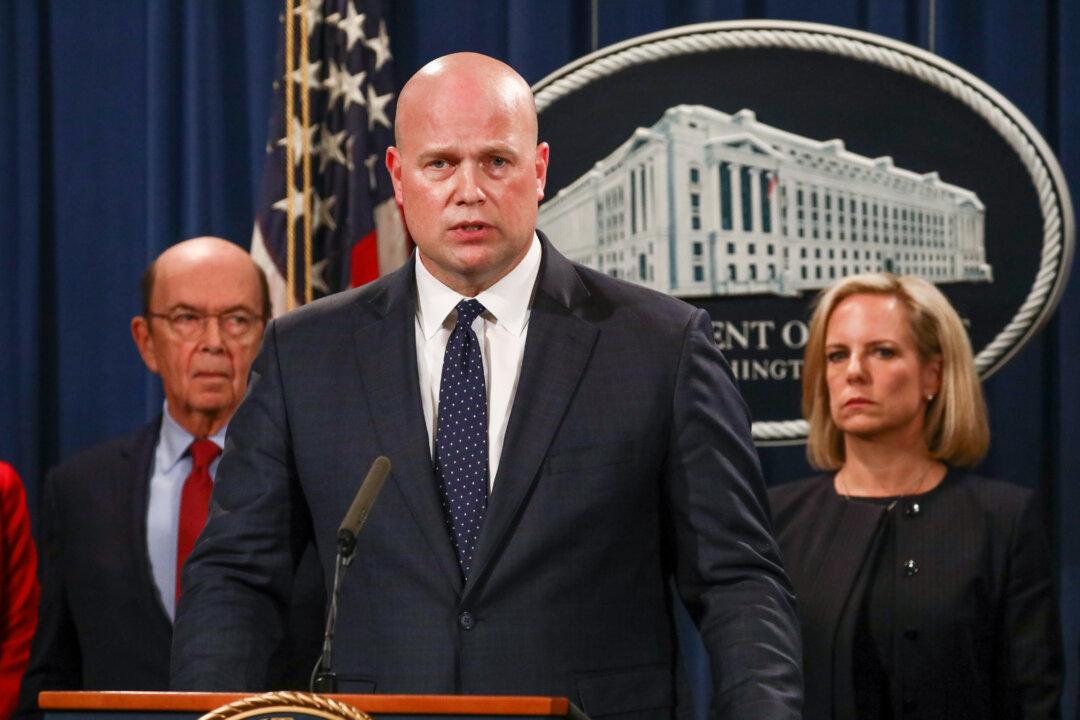The U.S. Department of Justice (DOJ) unsealed two indictments against China’s Huawei Technologies Co., its chief financial officer (CFO), Meng Wanzhou, and several of the company’s subsidiaries, in a pair of legal cases accusing the company of violating sanctions against Iran, and stealing trade secrets from U.S. mobile carrier T-Mobile.
In a 13-count indictment, the DOJ said Chinese telecom giant Huawei misled a global bank and U.S. authorities about its relationship with a Hong Kong firm named Skycom Tech—which was, in fact, an unofficial subsidiary of Huawei that conducted business in Iran. Meng, who is currently released on bail in Canada and faces extradition to the United States, is listed as a defendant, alongside parent company Huawei and two of its subsidiaries, Huawei USA and Skycom.





